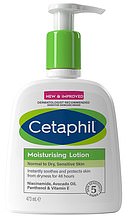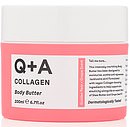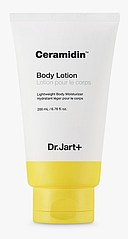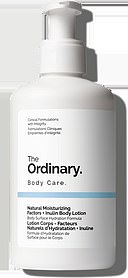Table of Contents
Regulation of the cosmetic surgery business is poor or non-existent, so how can you make sure your touch-up practitioner isn’t an unqualified cowboy?
These are some of my basic rules and what I need to know.
1) Don’t let the dog groomer inject you
Literally anyone can do a one day course and set themselves up as a cosmetic injector of toxins, fillers, skin enhancers, fat or threads (basically small pieces of injectable barbed wire), but that doesn’t mean you should allow them.
Inge van Lotringen shares her basic rules and what you need to know to make adjustments
Hitting or blocking a nerve or artery, causing a major infection, or injecting something dangerous and unlicensed is much more likely if you don’t have a medical degree.
Having injectables at the salon, dog grooming salon or a cheerful ‘Botox van’ (they all really exist) “is neither normal nor safe and should not be happening,” says aesthetic doctor Catherine Fairris (wessexskin.com), President of the British College of Aesthetic Medicine (BCAM).
2) Consider a senior nurse… but not a physiotherapist
BCAM can help you find good doctors and cosmetic surgeons, but it also lists dentists and nurses as safe bets. Dentists can be excellent at aesthetics, Fairris says, because “they have a lot of training in head and neck anatomy.” Likewise, “senior nurse practitioners and nurse prescribers can be very skilled and can also dispense medications in case something goes wrong.”
But be careful: not all medical-sounding specialties have the right skill set. “Physiotherapists and occupational therapists are not medical professionals,” Fairris cautions.
3) Lasers need a doctor available
Lasers and other energy-based devices, such as skin-tightening HIFU (high-intensity focused ultrasound) and radiofrequency microneedling, can cause burns, scarring, hyperpigmentation, skin aging, or even blindness when handled by someone. who has not received much training. You need a doctor available for this.
4) special offers they are a bad idea
All clinics must offer an appropriate “cooling off” period after a consultation, with no same-day treatments. Consent forms should be available for review well in advance of the day of treatment.
Importantly: “Avoid clinics that offer obvious incentives (three-for-one deals, for example) or treatments that can be redeemed for the price of the consultation,” says Dr. Anjali Mahto (selflondon.com).
“It creates pressure to go to a clinic or procedure, even if the consultation convinces you otherwise.”
5) Aesthetic skills are essential
Having medical qualifications does not guarantee a good eye for proportion or aesthetically pleasing results.
Specific postgraduate training in aesthetics is a must when choosing an aesthetic doctor: Fairris suggests looking for a “level 7 aesthetic qualification, which is equivalent to a master’s degree.”
the websites bcam.ac.uk and thetweakmentsguide.com are excellent resources for fully trained aesthetic medical professionals.
6) Cheap it is not happy
Clinically safe and legal injectables and cosmetic devices aren’t cheap even at cost, so if someone is offering Botox for £100 each, pay attention. It is very possible that it is a substandard or counterfeit pharmaceutical product.
Meanwhile, knockoff laser machines and other machines that have not passed EU regulations can be purchased cheaply on the Chinese retail site Ali Baba.
If the price seems too good to be true, it probably is.
Run towards it!
If you like to stay true to classic beauty brands, shop Dior’s first retinol formula: Dior Totale Retishot (£92, dior.com). The modest but effective 0.1 percent retinol concentration is aided by a collagen-boosting wild cardamom extract. A small dose each night should produce more refined, smooth and glowing skin.
My icon of the week: Joan Collins

A 1980 video of Dame Joan, now 91, putting on makeup has resurfaced and it’s fascinating. You apply your Clinique Superbalanced Foundation (£36.50, clinica.es) as a moisturizer, she applies a brown eyeshadow pencil to sculpt her lids and blends it with ‘art store’ brushes, then uses a brown eye pencil and black mascara to define her lash lines and brows. No nonsense and beautiful.
Cosmetic craving
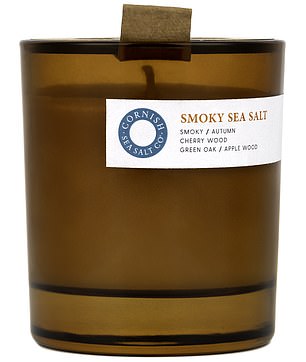
The Cornish Sea Salt and Keynvor Limited Edition Smoked Sea Salt Candle (£28, cornishseasalt.com) is best described as a winter walk on a Cornish beach and a few whiskeys by the fire to warm up.
It’s the first foray into fragrance by the Cornish Sea Salt Company, which typically specializes in salts with some pretty delicious flavours. In collaboration with Keynvor Candles, they captured the aroma of smoked salts, along with cherry, apple and green oak woods, in soy wax, and turned it into this perfectly cozy winter warmer.


